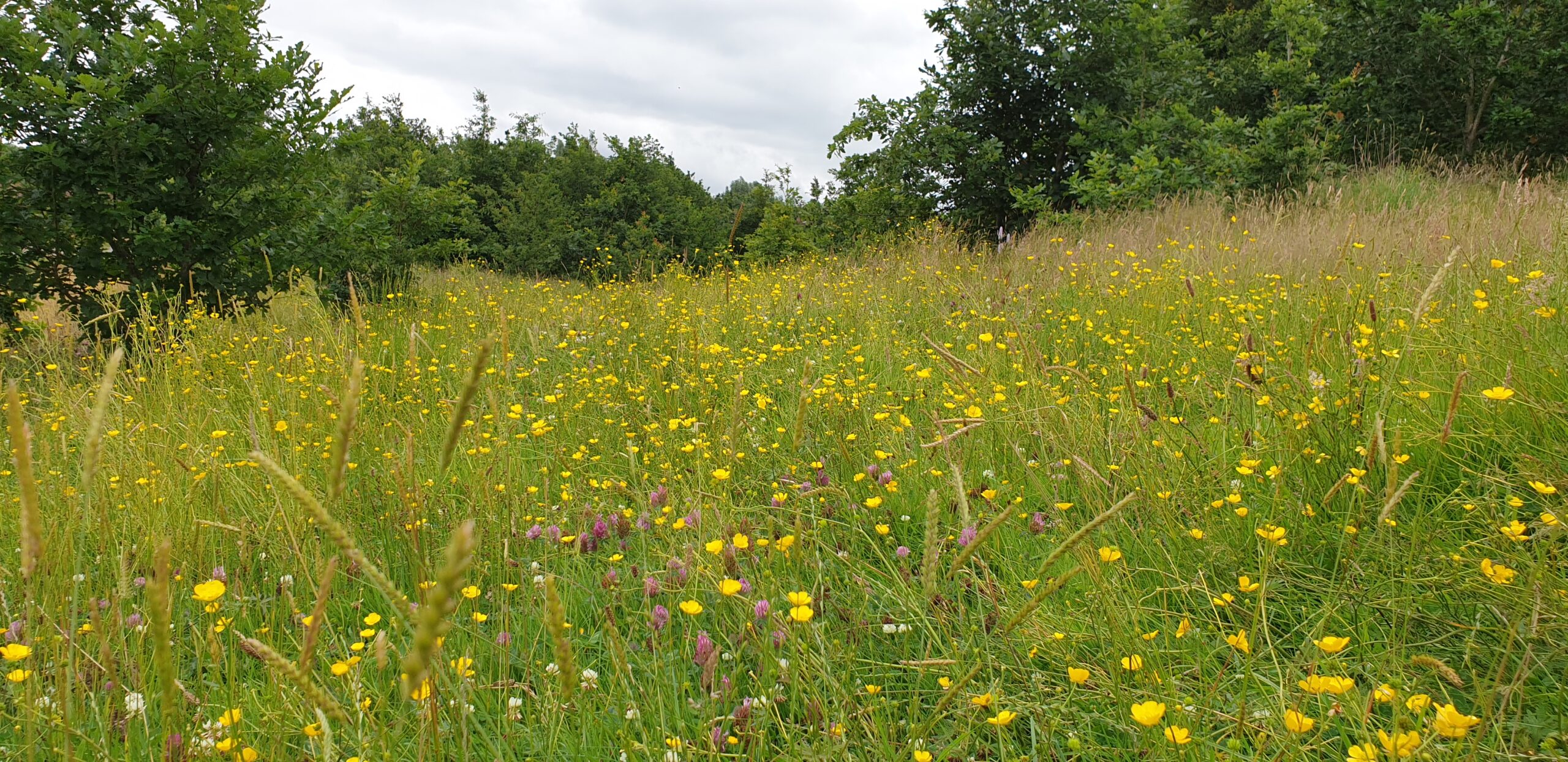
In the nineties, the Belfast Naturalists’ Field Club extensively surveyed the urban flora of Belfast, resulting in a book, Urban Flora of Belfast . Many plants new to Down and Antrim were found, and most of these were new to Ireland as well. This was a three-year effort involving some thirty-one recorders.




